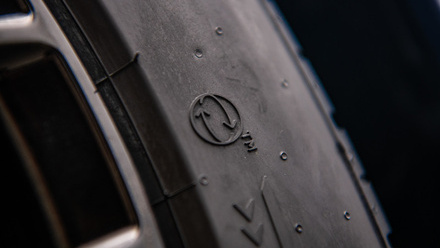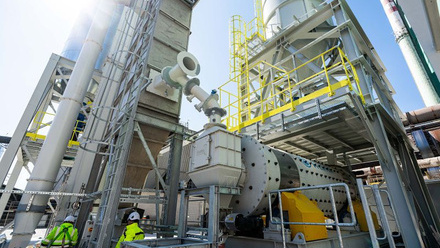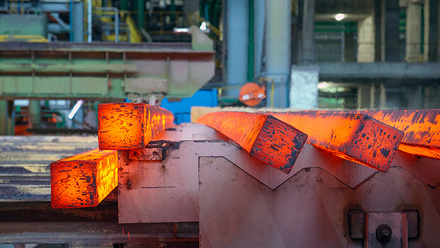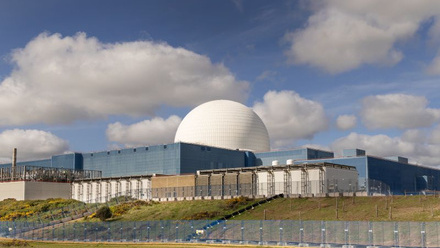Sustainable aviation fuel takes off
The world's first 100% sustainable aviation fuel, transatlantic flight leaves London Heathrow today.
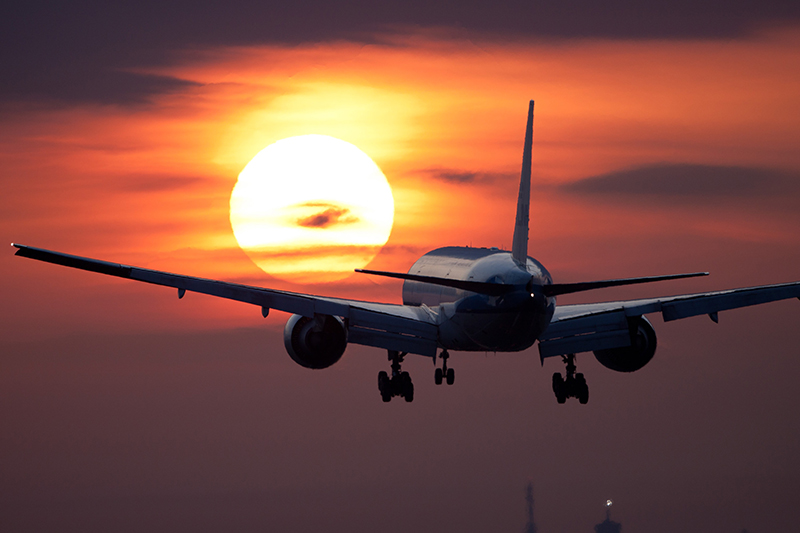
Virgin Atlantic's Flight100 to New York showcases sustainable aviation fuel (SAF) as a safe drop-in replacement for fossil-derived jet fuel.
The fuel is being used on a Boeing 787 with Rolls-Royce Trent 1000 engines. It is made from waste products, which Virgin Atlantic claims delivers carbon dioxide lifecycle emission savings of up to 70%, while performing like conventional jet fuel.
The dual blend fuel is 88% hydroprocessed esters and fatty acids (HEFA) - supplied by AirBP - and 12% synthetic aromatic kerosene (SAK) - from Virent, a Marathon Petroleum Corporation subsidary.
The HEFA comes from waste fats and the SAK is from plant sugars, with the remaining plant matter continuing into the food chain.
SAK is needed in 100% SAF blends to give fuel the required aromatics for engine function, says Virgin Atlantic.
The airline company reports that SAF is less than 0.1% of current global jet fuel volumes and fuel standards allow for just a 50% SAF blend in commercial jet engines.
Flight100 is also being used to assess how SAF affects the flight's 'non-carbon emissions', with the support of partners ICF, Rocky Mountain Institute, Imperial College London and the University of Sheffield, UK.


